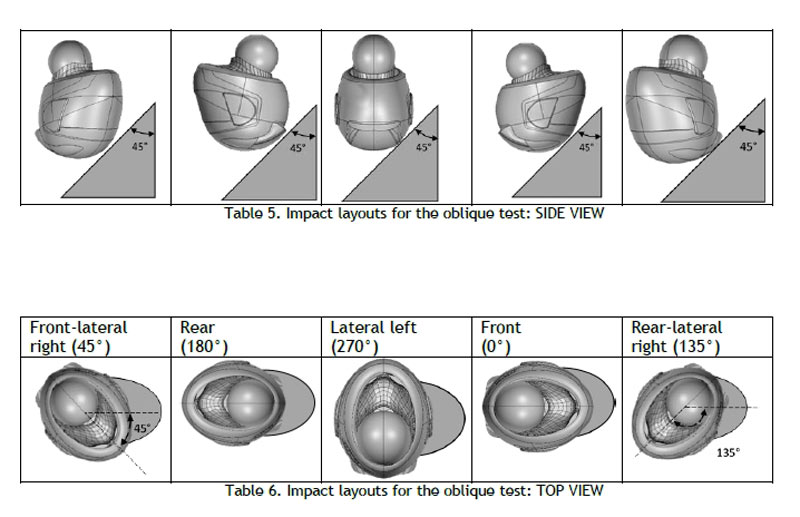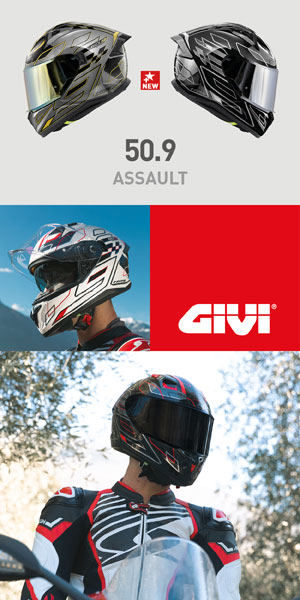 |
|
Erica Manfredi, Technical Commission Coordinator
|
This COST action, also called Safe2Wheelers, is chaired by Marco Pierini (Università degli Studi Firenze, Department of Industrial Engineering of Florence) and aims to bring together experts in two-wheel safety to acquire, unify and coordinate research on two-wheel safety and in ensure wide dissemination among users, industry and public authorities.
The last meeting, organized in Brussels by Prof. Remy Willinger (University of Strasbourg, Laboratory of Engineering Sciences, Computer Science and Imaging) consisted of a workshop on advanced methods for testing motorcycle helmets.
A total of twelve presentations were provided by international experts in order to move towards the harmonization of impact conditions and head shapes (internal caps) as well as the use of adequate instrumentation and brain injury criteria. Meeting attendees also included road and off-road helmet manufacturers, such as Shark, Schuberth, Leatt and Koroyd. The efforts of stakeholders were pooled to find a common scientific consensus on the characteristics of future motorcycle helmet standards.
The FIM Technical Commission is proud to have been invited to present the brand new FIM Helmet Standard, designed as part of the FIM Racing Homologation Program (FRHP). The test procedure and more specifically the new oblique test were illustrated in detail, in the presence of the Laboratorio de Impacto of the University of Zaragoza, which collaborated strongly with the FIM for the creation of this Standard.
 |
The FIM Racing Homologation Program was established in order to grant special recognition to products related to safety and as a requirement for FIM competitions. The main aim of this program is to meet the need for an advanced evaluation of the safety performance of different kinds of products such as helmets, tracking systems, circuit barriers and paints. The approval is obtained when specific high performance and quality standards set for each product are met.
|


























